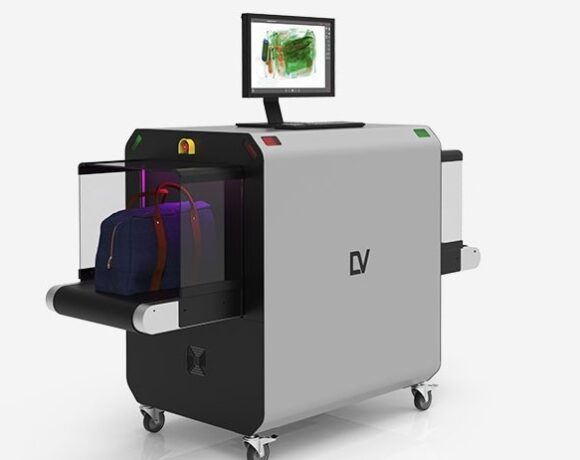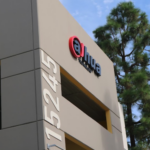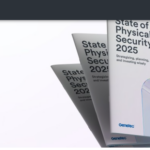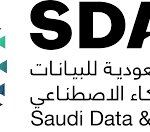Mobile Identities Have Reached a Tipping Point – What Does That Mean for the Access Control Industry in the Middle East?

By Sanjit Bardhan, Vice President & Head of Mobile, HID
In recent years, the Middle East has witnessed a rapid transformation in the way we identify ourselves and access services. In the past, identity was tied to physical documents such as driver’s licenses and passports. With the rise of mobile technology, digital IDs have quickly become the norm, but while they offer more convenience, security, and flexibility, other complexities such as IT readiness, authentication, and data privacy must be addressed. We must ask if the region is ready.
From Beirut to Abu Dhabi to Cairo, we see an escalation in cyberattacks. Much of the damage is often traced back to an initial phishing campaign that stole credentials and spoofed an identity. As many in the security industry are now saying, “identity is the new perimeter”. So, we need to answer that all-important question of our readiness to operate in a world in which physical documents are being replaced with digital credentials. We must evaluate our resources, skills, and infrastructures, and plug our gaps to prepare for change.
According to Gartner, in 2018 only 5% of worldwide organizations adopting biometric authentication for access in the workplace would have considered smartphone apps as a solution, but in 2022, this figure had risen to 70%. Improvements in infrastructure and accelerated adoption of mobile wallet apps housing digital identities have combined to bring about the rise of digital IDs.
 Access control in a mobile-first world
Access control in a mobile-first world
The Middle East is home to younger demographics, which means it is heavily populated with digital natives who carry their mobile devices everywhere. To have them use these devices for physical and IT network access is a logical step. The cloud has, at the same time, become a more trusted conduit. Using personal devices for all-purpose, cloud-supported access delivers enhancements in convenience, efficiency, and security, with building managers and security staff able to provision and revoke credentials over the air. Organizations eliminate reliance on physical cards or badges while adding layers of security on top of basic card encryption. This approach is substantially more secure than traditional physical access control.
We also introduce the advantage of multi-application, where a single product or solution can cover multiple use cases. Many universities, for example, are using mobile IDs to open doors, check out library books, make cafeteria purchases, and more.
We also reduce the number of plastic cards, meaning their loss and replacement is no longer a burden. We take an important step forward in sustainability, appealing to younger generations of consumers and employees who tend to be more environmentally conscious.
Digital IDs and digital wallets
While still used for payments, e-wallets can now hold medical prescriptions, travel documents, driver’s licenses, ID cards, and insurance information. And employee badges that allow access to doors, elevators, turnstiles, printers, and more. Such solutions are simple to distribute and manage and integrate neatly into existing access-control systems by cleverly leveraging the built-in security features of users’ devices.
But as more IDs are digitized, Middle Eastern organizations must build modern, scalable authorization programs with security management in the cloud. Digital identity systems must not only account for industry standards. They must abide by local regulations like the Egyptian Law No. 151 and UAE’s Federal Decree on the Protection of Personal Data. And they must be grounded in global rules such as the European Union’s General Data Protection Regulation (GDPR).
What’s next?
As more mobile use cases arise, their benefits will drive yet more innovation. Employee badges in digital wallets will drive convenience, efficiency, sustainability, and a range of other pluses. This will drive trust, cementing the acceptance of such solutions. They are, quite simply, the future.




















